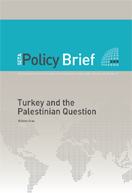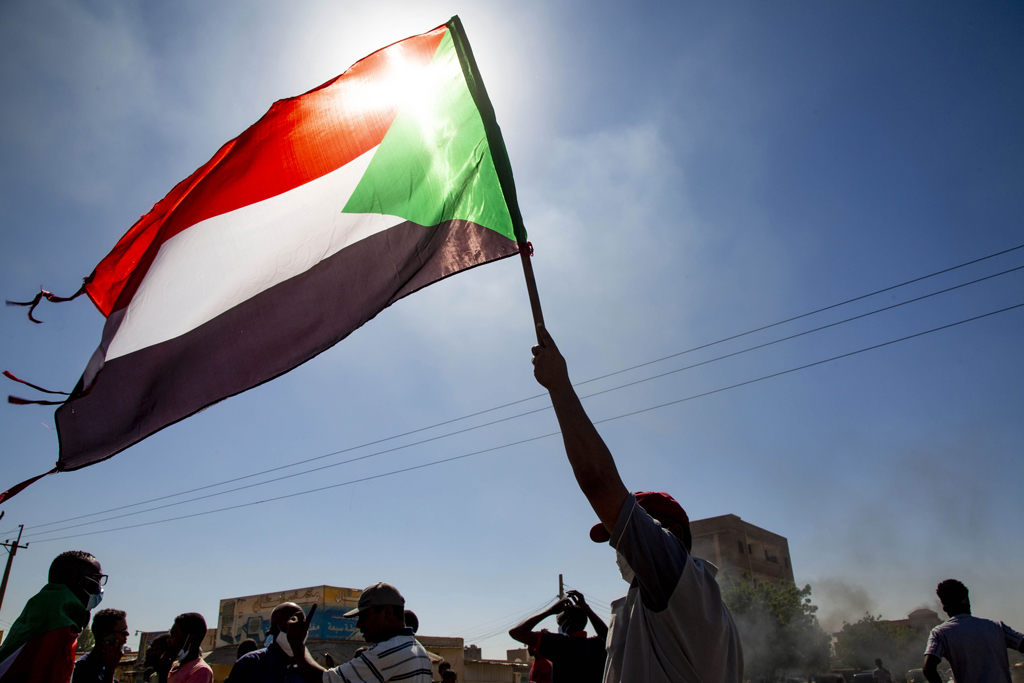Perhaps the most consequential and drastic decision in Turkish foreign policy in recent months was to engage in direct negotiations with Kurdish Regional Government in northern Iraq. This is significant because, since the onset of Iraq War in 2003, Turkey has sought to ignore or marginalize Iraqi Kurds, and has refrained from all acts that could be viewed as concessions or de facto recognition. Although the Iraqi Kurdish leadership has received red-carpet ceremony in Ankara in the1990s, Turkish foreign policy toward northern Iraq, since the war, has been stymied by anxiety and emotional rhetoric. Indeed, the fear of Iraq’s disintegration and the rise of an independent Kurdish enclave in the north, inspiring or even assisting separatist sentiments in Turkey, have appeared to cloud the possibility of rational evaluation of the pros and cons of policy alternatives. As a result, the policy of projecting illegitimacy to the Kurdish Regional Government has cost Turkey a significant loss of clout not only in northern Iraq but also in the wider Iraqi political affairs, as Kurds have come to occupy significant positions in the central government as well.
Background The Kurdish enclave in northern Iraq has long been viewed as an existential threat by Turkey. This is rather ironic, as Turkish support for the creation of a safe heaven in northern Iraq in 1992 made it possible for the Baghdad regime to lose nearly all sovereign prerogatives in the area. The power vacuum left in northern Iraq by the first Gulf War has enabled PKK to use this territory as a staging ground for raids into Turkey and also a sanctuary where it could enjoy relative freedom from Turkish counterattacks. As a result, Turkey, especially during the height of the PKK assaults in the 1990s, was keen on collaborating with Baghdad and Iraqi Kurds to conduct cross-border operations aimed to eliminate PKK’s rear bases.
After the Gulf War, Turkey served as a gate to outside world for the Iraqi Kurds and also as a channel for the flow of international aid into the enclave. The Iraqi Kurdish leadership, Massoud Barzani and Jalal Talabani, made several visits to Ankara and were given passports to travel abroad; in short, Iraqi Kurds had found a patron in Ankara. Turkish policy was driven by the calculation that the engagement would allow Turkey to exercise influence, and reign in Kurds’ separatist aspirations. Turkey continued to harbor suspicions for the rise of an independent Kurdish state, yet the nature of Kurdish politics at the time made it seem like a distant possibility. The Kurds in Iraq had a long history of rivalry and violent conflict, the last episode of which began in 1994 in the form of a civil war. As long as Iraqi Kurds remained weak and divided, they were not considered a formidable threat against Turkey’s security interests in northern Iraq. Following the US-brokered peace agreement between the Iraqi Kurds in 1998, Turkey’s fears were heightened. Yet, it was still able to shape the process through active diplomacy and engagement with Iraqi Kurds-- the so-called Ankara process. During that time, Turkey established a permanent military presence in northern Iraq not only to gather intelligence against the PKK, but also to keep an eye on Iraqi Kurds should they move for greater autonomy or even independence despite assurances they provided to the contrary.
The US-led invasion of Iraq in 2003 and the chaos that followed refueled fears that the division of Iraq along sectarian or ethnic lines could give rise to an independent Kurdish state, thus seriously jeopardizing Turkish security. Turkey feared most the contagious effect that this development could have on its own Kurdish population possibly energizing separatist aspirations among them. Thus, a decade-long modus vivendi between Turkey and Iraqi Kurds has collapsed. Turkish fears have not proven groundless: Talabani’s a









